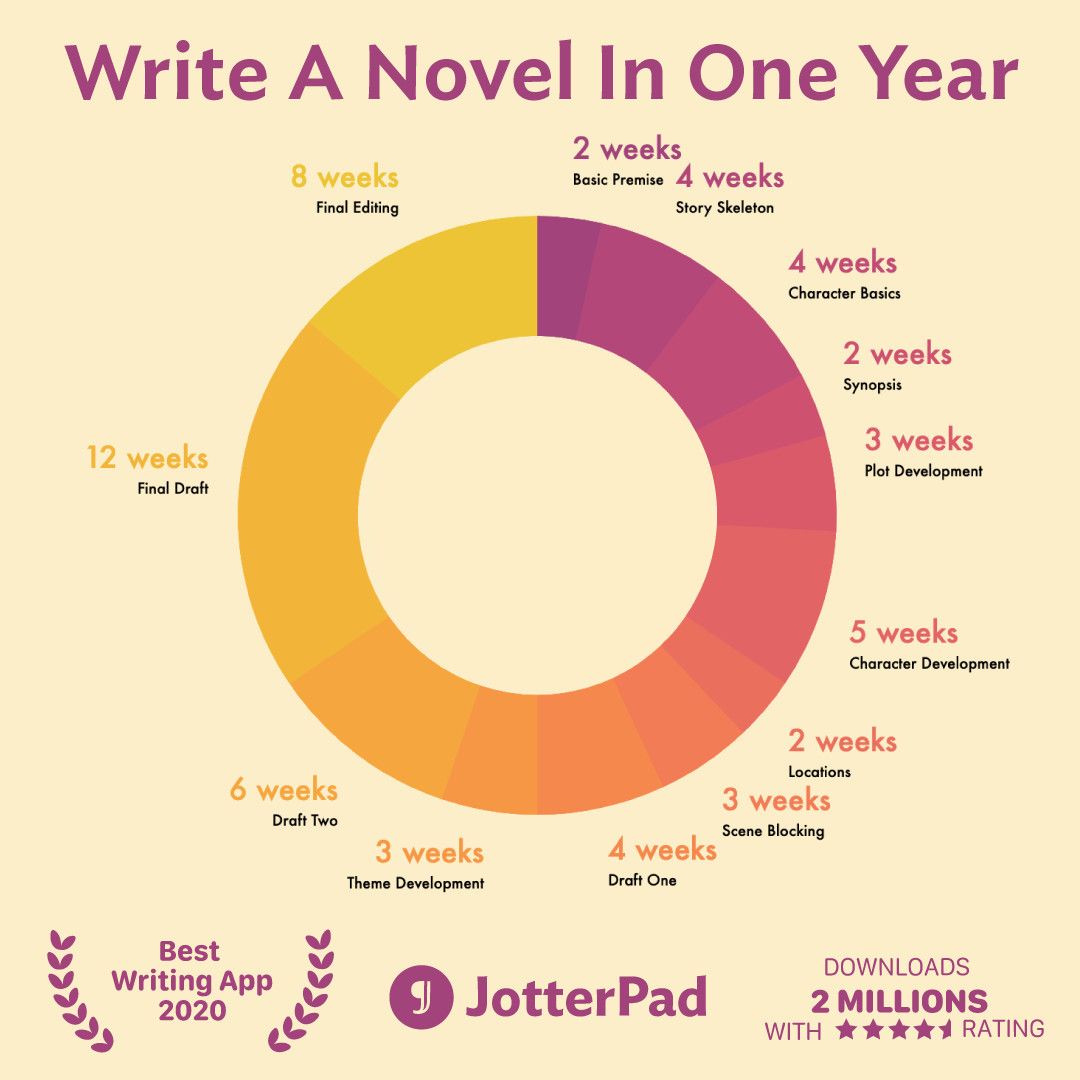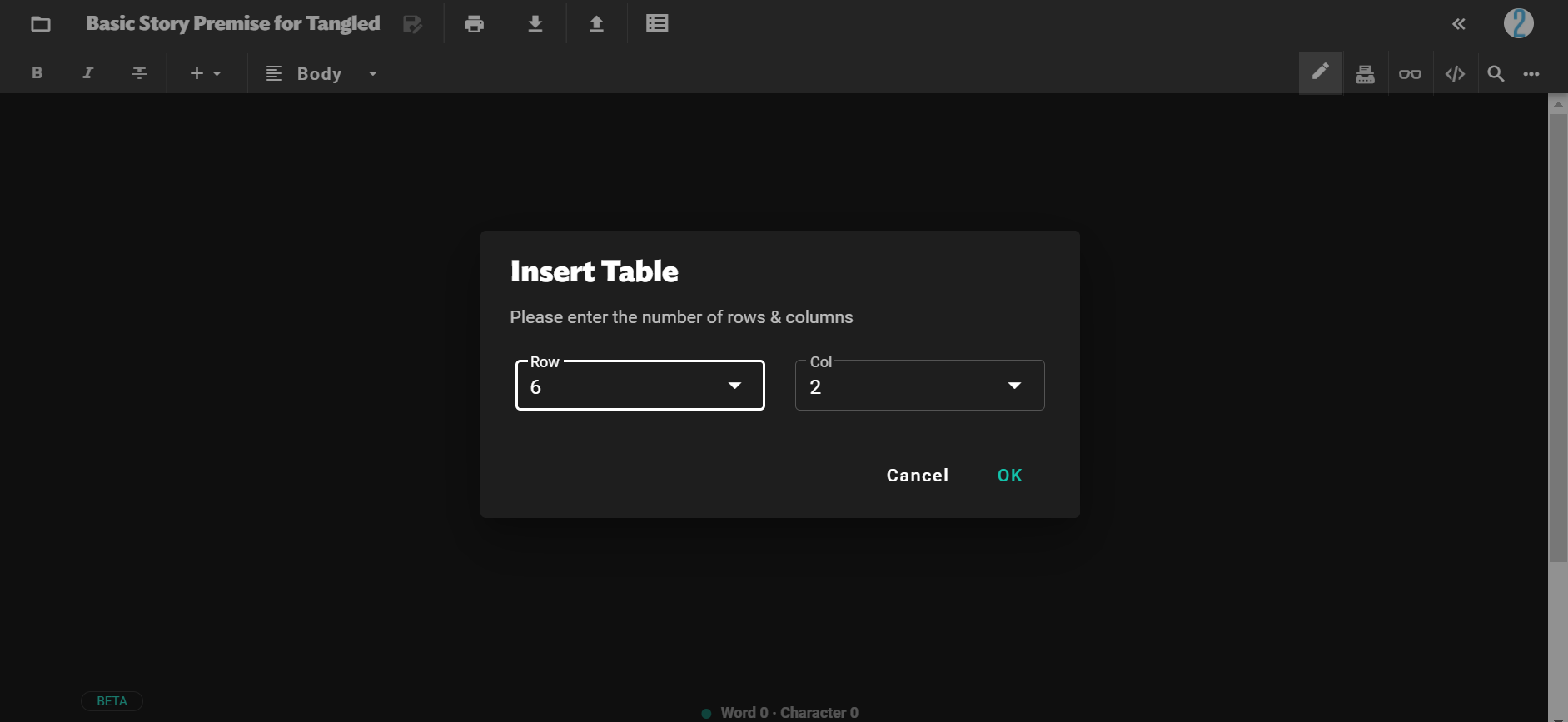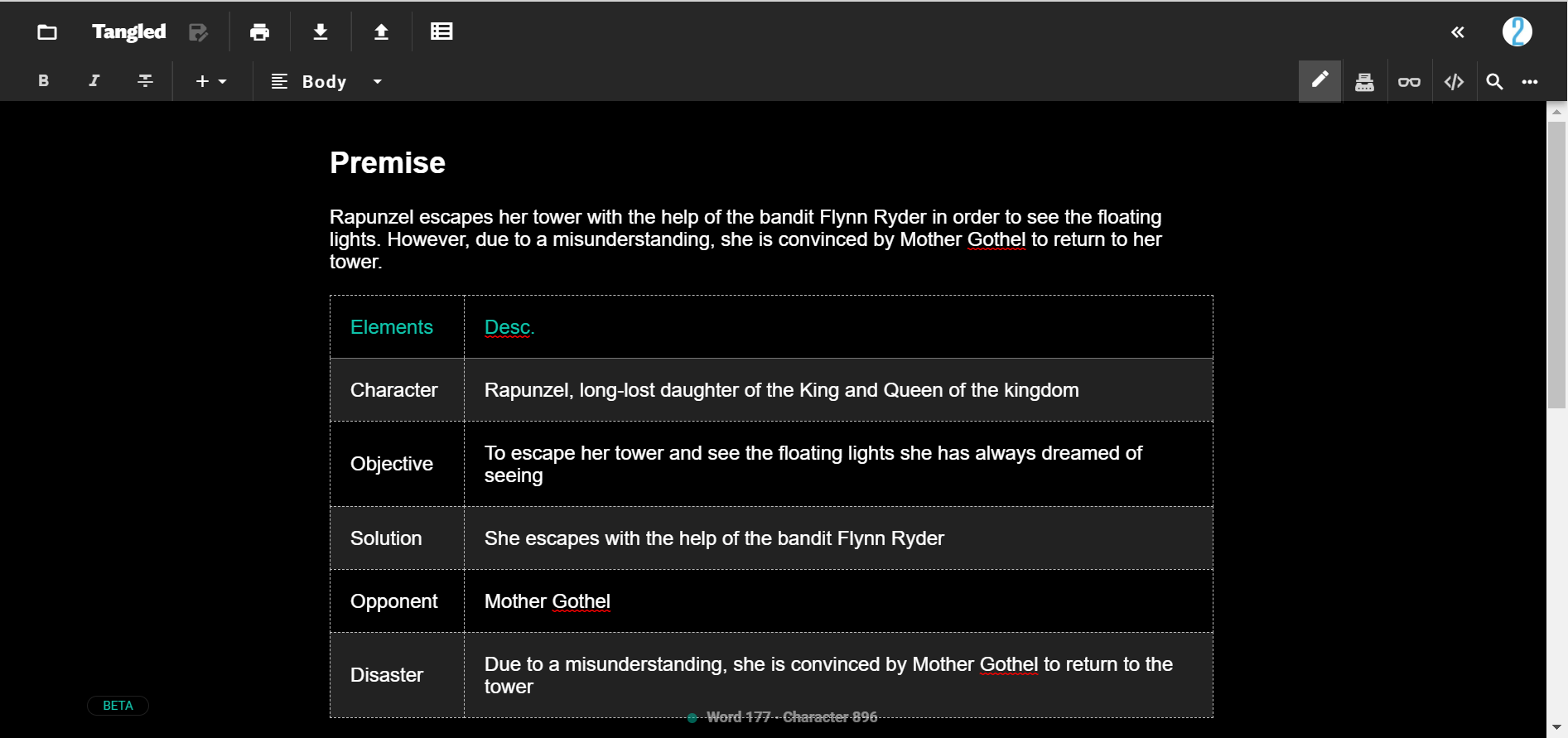How to Give Your Novel A Strong Story Premise
In part two of our One Year novel series, we tackle the beginning blocks of your story: the premise! Here's how you can construct a strong yet concise premise for your novel using JotterPad.

Welcome to the second installment of our One Year Novel series, where we help you commit to writing your novel in one year! Prior to this, we gave you some tips on how you can prepare for this immense writing commitment. Now, it's time to dive right into things!

In the next two weeks, you'll be tasked with starting on the very first step: writing the basic premise of your story. If you're ready to get started, keep reading on!
What is a story premise?

Photo by Nong Vang on Unsplash
So, what exactly is a story premise? It's basically the central idea of your story expressed in simple and concise terms. One could even say that it's the foundation upon which you should build your story.
Crafting a story premise will help you stay focused throughout the writing process. It is what your entire story will revolve about and return to, so it's important to have a singular, clear goal! If you have too many ideas planned, for example, your story may seem aimless and overly-complex.
Crafting a story premise is also great practice for writing a one-sentence pitch if you're planning to write professionally. You have to hone your ability to capture the essence of your story in one sentence to better pitch to producers or publishers.
What goes into your premise?
There are 5 major elements that you should aim to address in your premise:
- Character: A brief description of the character in question
- Objective: what is their main goal in the story? What are they driven by?
- Solution: How do they go about trying to achieve said goal?
- Opponent: Who stands in their way of achieving their goal?
- Disaster: What is the main conflict in the story that prevents the character from reaching their goal?
Simply open up a JotterPad Markdown document and draw up a 6x2 table (including the heading).

You don't have to go too deeply into detail (you may not even have the details in mind yet, since this is only the beginning of your one year journey), and feel free to jot things down in point form.
Let's use Disney's Tangled to illustrate what you can write for each element.

And once you have all these elements in place, it's time to bring it altogether in a concise and coherent manner!

But of course, this is easier said than done. It's hard to write your basic premise is a succinct manner, after all. And if you're still struggling to transfer your story ideas from your mind onto paper, worry not. We have 4 tips for writing your story premise that you may find useful!
4 Tips For Crafting Your Basic Story Premise
1. Establish your theme
The easiest way to come up with your story is to first establish a theme. Not to be confused with the moral of the story, a theme is the idea that your story wishes to tackle. For example, The Handmaid's Tale tackles the theme of a totalitarian dystopia.
It's also important to note that there can be multiple themes in a story! However, for the sake of crafting your story premise, choose and feature the most prominent theme in your story.
Establishing the main theme of your story will give you a roadmap of how your story will flow and look like.
2. Establish your character's motivation
The best way to establish your main character's objective is to come up with their primary character motivation first. It may seem a little premature, but all you really need is a brief idea of what drives them, and why they want to achieve their objective! You don't have to delve into your character backstories just yet, we promise.
3. Start by asking the simple questions

Photo by Jon Tyson on Unsplash
You'll surprised at how effective asking "What if?" is when it comes to generating interesting story ideas. What if the girl takes her sister's place in the Hunger Games? What if the wizard boy turns his aunt into a balloon in a fit of anger? All these questions will help you develop a story premise from a simple idea.
4. Write in as little words as possible
There are many who stand by the one-sentence premise, in which the story premise is limited to just one sentence long. This method is pretty difficult to execute, but keeping things to one sentence will help you trim the fat and keep things simple.
But, if you're still just a beginner, simply keep your story premise as short as you possibly can. The key is to be able to get a good overview of your story (or what your story will be) just from those few lines.
A great way to practice writing your story premise succinctly is to write premises for existing stories and films. After a few tries, you'll be able to get the hang of keeping your story premises short and sweet.
We hope that this has been helpful in preparing you to write your basic story premise! After you've written it in JotterPad, remember to save it to the cloud sync service of your choice – and bring it up again when you're ready to move onto the next step.
Onwards, young grasshopper! Your basic story premise awaits. Download JotterPad to start your one year novel-writing journey today.
Check out the next installment in our One Year Novel series: A Beginner's Guide To Creating A Basic Story Outline

